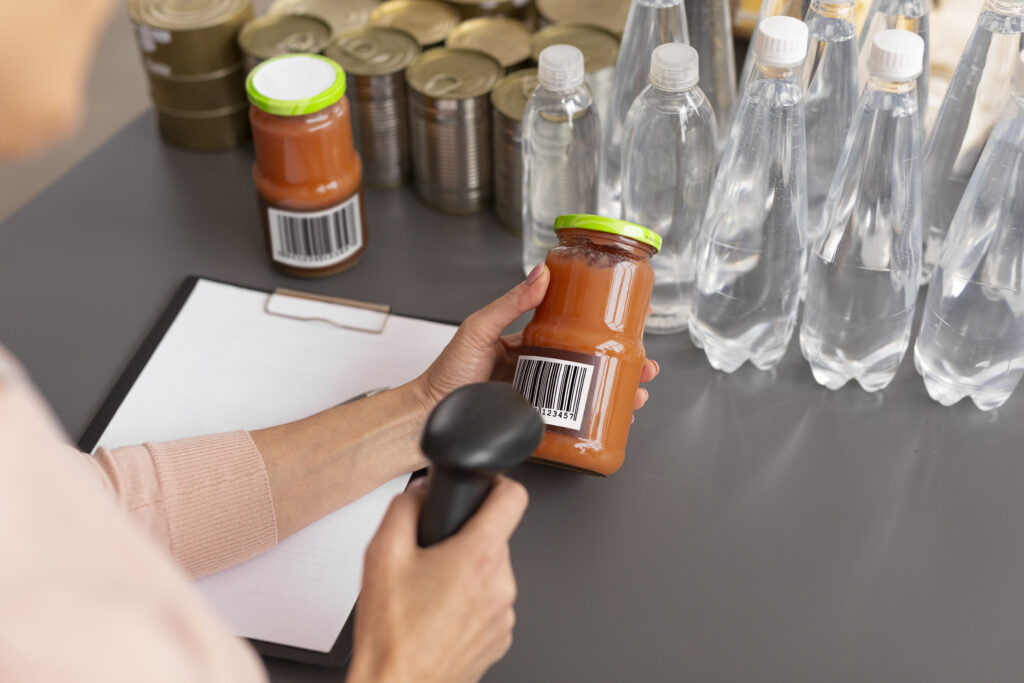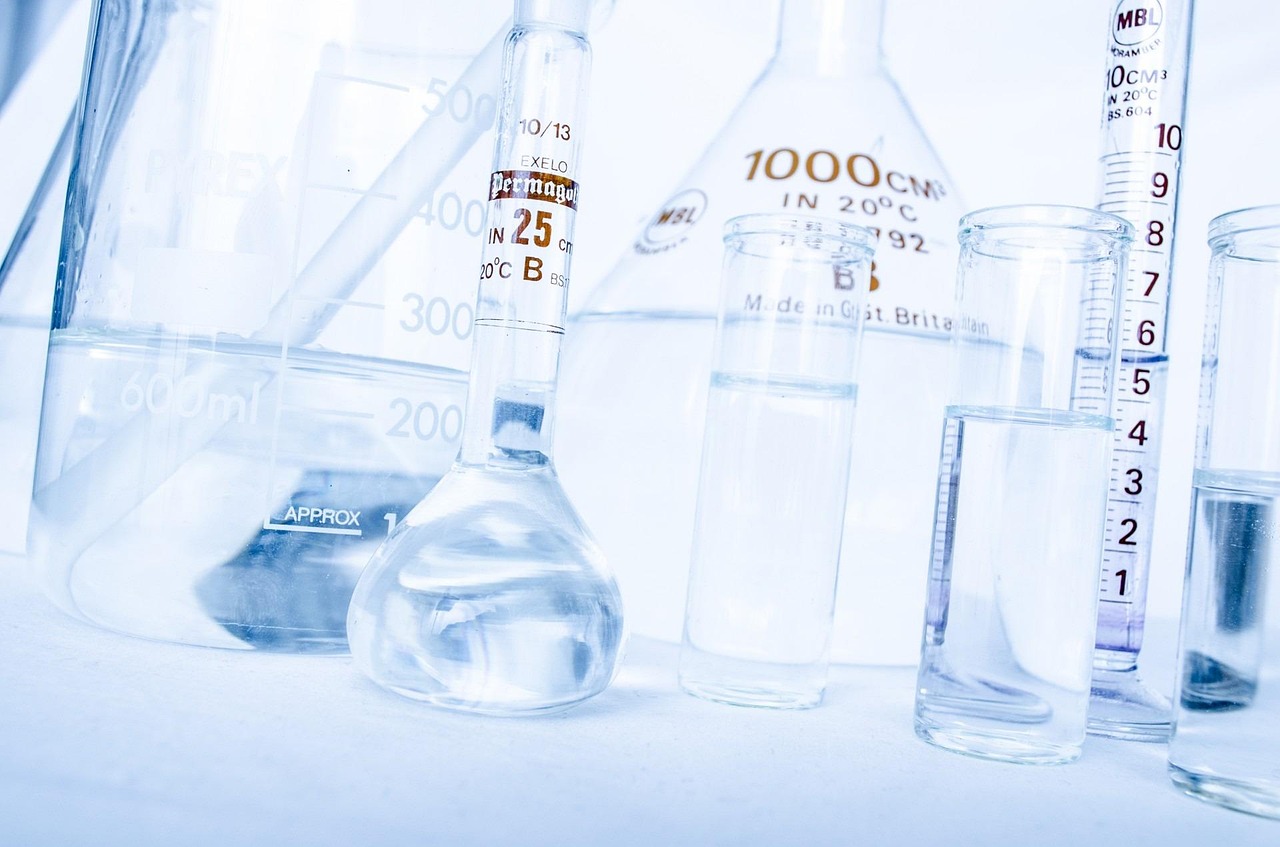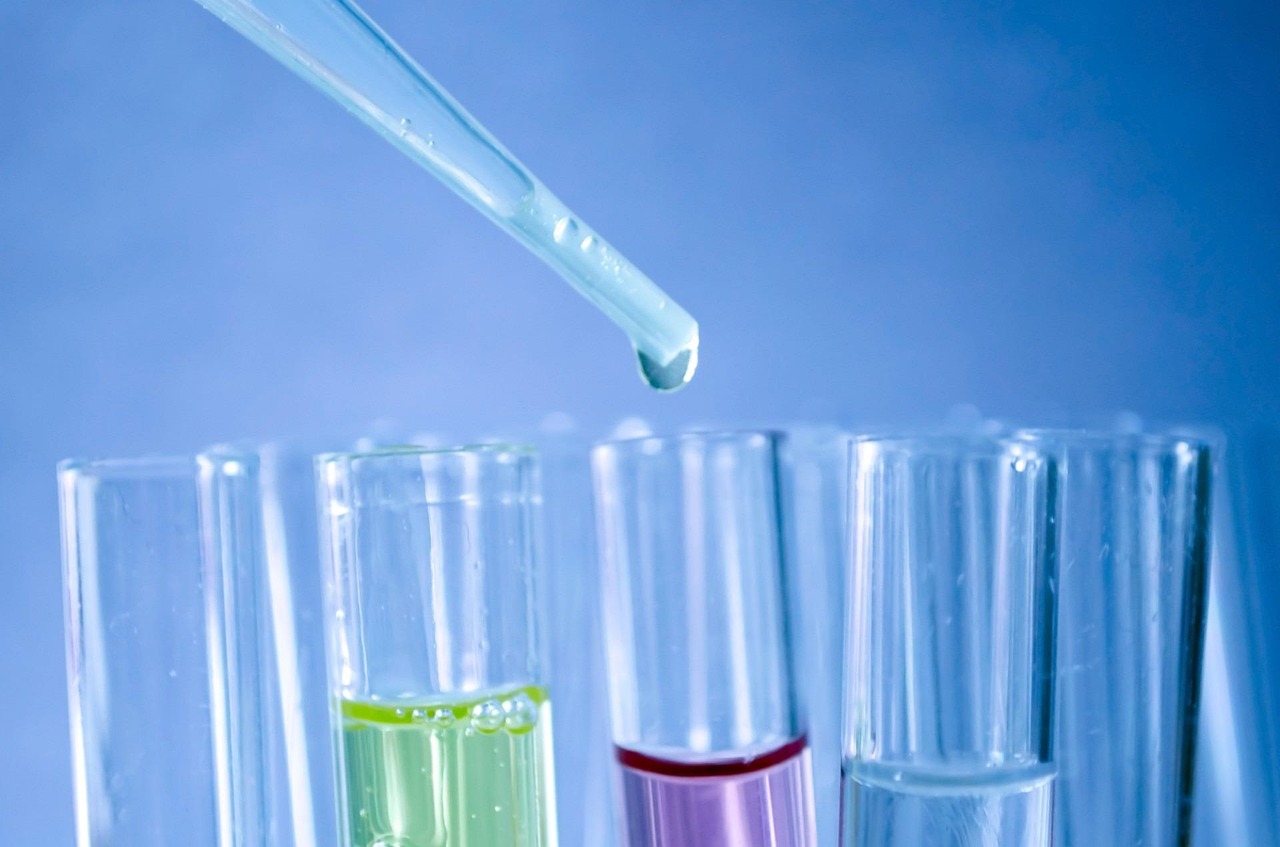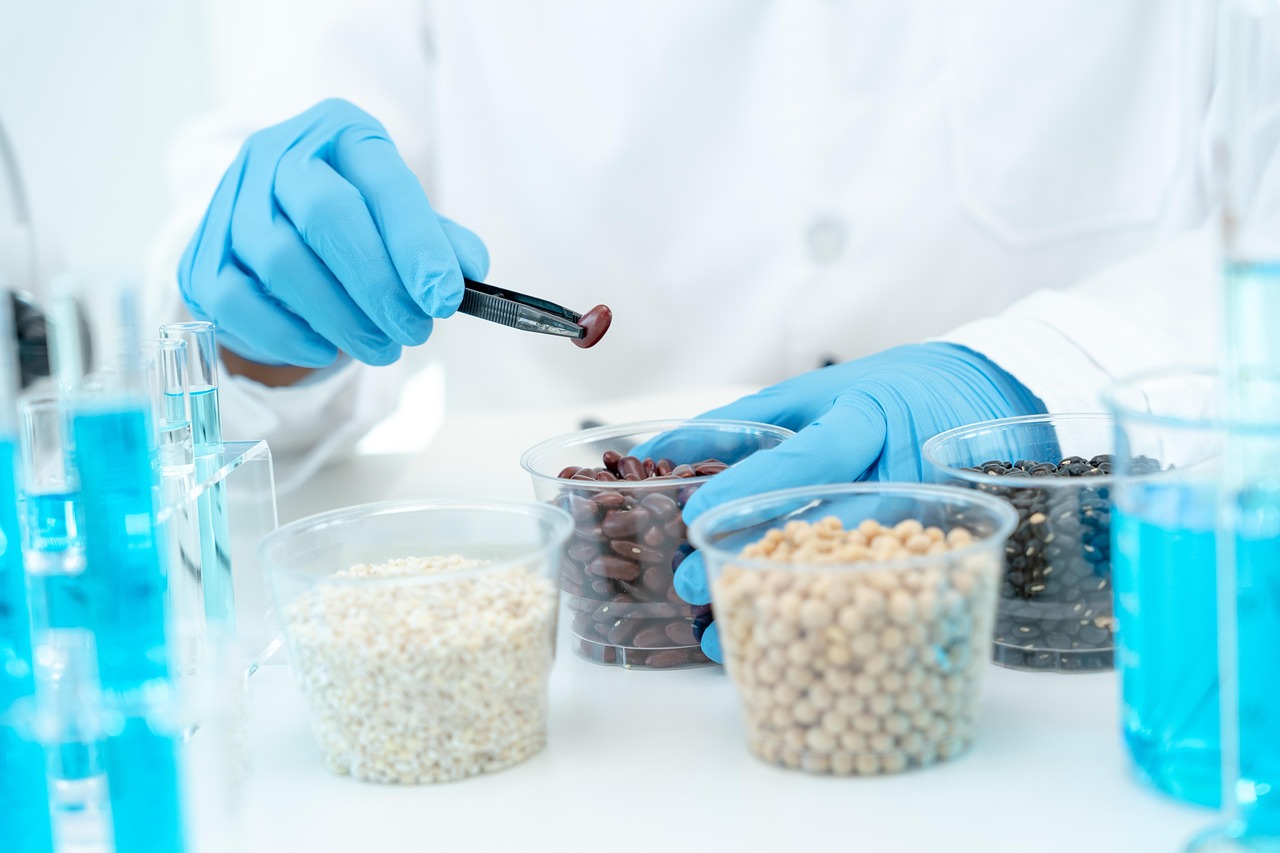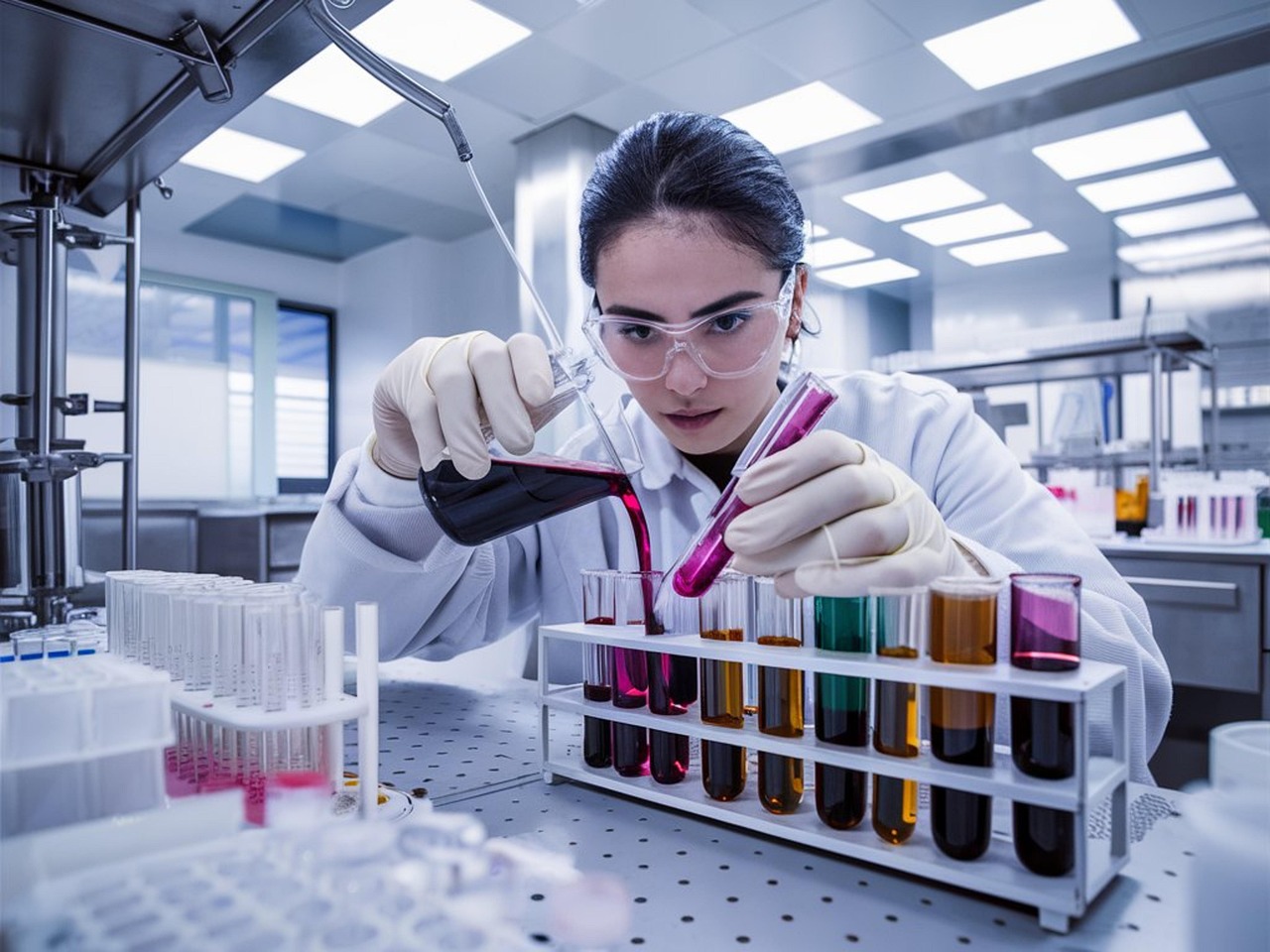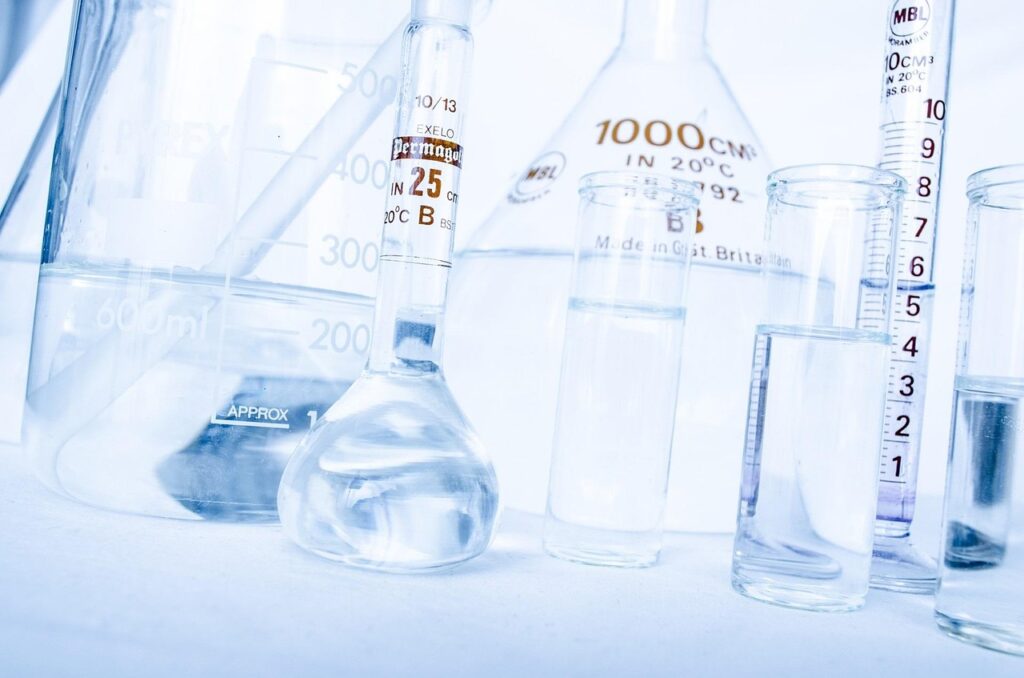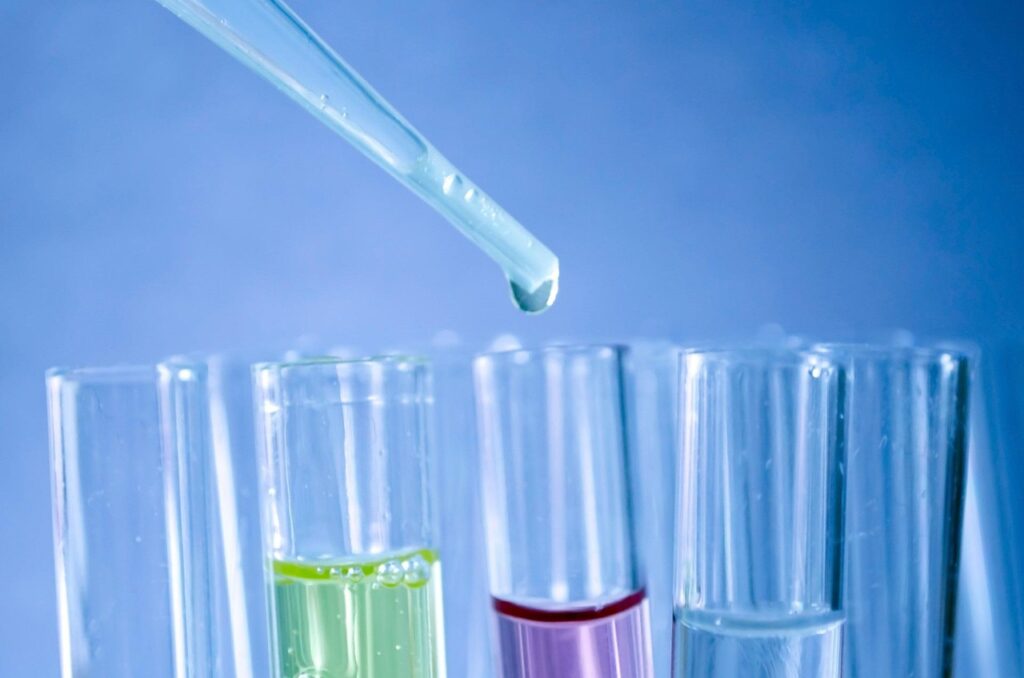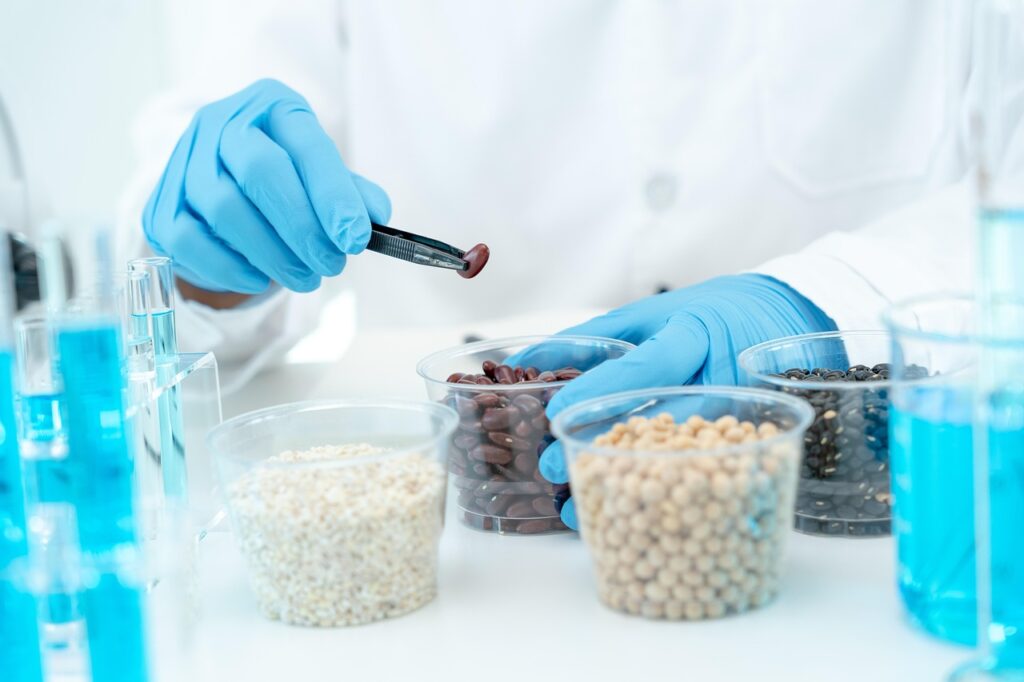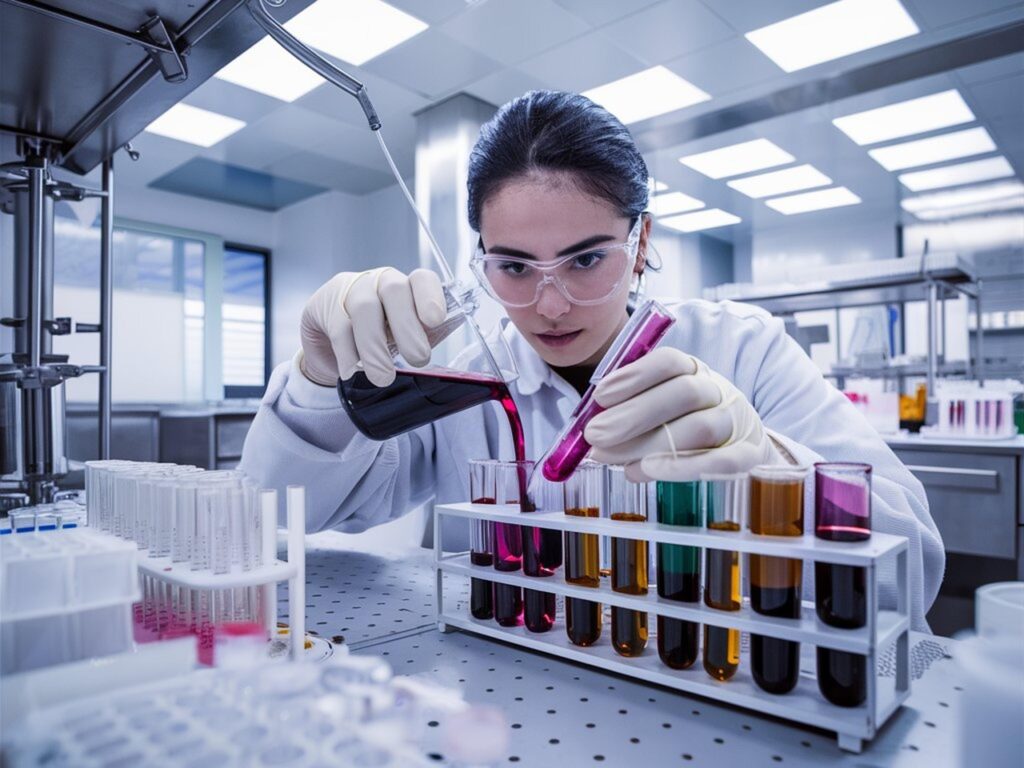The foundation of customer confidence in the intricate and interwoven world of food production, distribution, and consumption is trust. When people are faced with a plethora of options in grocery stores and restaurants, it is critical to have reliable information. Food labeling verification, a painstaking procedure intended to confirm the veracity of the information provided on food packaging, is the foundation of this guarantee. This verification process protects customer trust by making sure that what they read on labels matches what they eat and complies with strict regulatory standards. It goes beyond simply validating ingredient lists and nutritional claims.
Food labeling verification is a vital defense for preserving the integrity of the food supply chain. Through close examination of product labels, this procedure guards against false information, deception, and any health hazards for consumers. To maintain consumer confidence and promote transparency in the food sector, we will explore the mechanisms that function behind the scenes as we explore the critical role that food labeling verification plays.
Understanding Food Labeling Verification
It’s important to have a firm grasp of the fundamentals of food labeling verification before diving into its complexities. Fundamentally, food labeling verification is an organized method of guaranteeing the accuracy of the data presented on food packaging. This meticulous procedure attempts to confirm that the information provided to customers is accurate, true, and compliant with legal requirements. Food testing labs are specialized facilities where thorough testing and analysis are conducted. They play a major role in this verification process. These laboratories function as centers of excellence and accuracy, utilizing state-of-the-art methods and procedures to thoroughly examine food items, protecting consumer confidence, maintaining industry norms, and promoting openness along the food supply chain. Thorough testing and analysis are part of this procedure, carried out by specialized facilities called
The Role of Food Testing Labs
The core of the procedure for verifying food labels is food testing laboratories. These facilities are manned by knowledgeable individuals with specialized knowledge in different areas of food analysis and are furnished with cutting-edge equipment. Food testing labs are essential to maintaining the correctness of food labeling since they test for nutrients, identify allergies, and confirm ingredient accuracy.
Samples of food products are usually sent to a food testing lab for analysis when they are subjected to label verification. In this case, scientists use a variety of methods to examine the product’s composition and make sure it matches the information on the label. This entails looking for any possible pollutants or allergies, confirming nutritional claims, and testing for the existence of particular substances.
Ensuring Accuracy and Compliance
Ensuring the correctness and conformity of food labels is one of the main goals of food labeling verification. The information on food labels is important because people are becoming more aware of their health and nutritional choices in this day and age. Customers rely on these details to make educated judgments; these features may include identifying the product’s country of origin, giving nutritional information, or marking the presence of allergens.
Food labeling verification contributes to maintaining consumer confidence in food manufacturers by putting food products through rigorous testing and analysis. It offers reassurance that the data on labels is true and complies with regulations established by regulatory agencies like the European Food Safety Authority (EFSA) and the Food and Drug Administration (FDA).
Consumer Safety and Transparency
In addition to guaranteeing correctness and adherence, food label verification is essential for protecting consumer safety. This procedure assists in reducing the possibility of health hazards related to allergens, pollutants, or fraudulent claims by identifying and stopping food product mislabeling or deception.
Consider a situation where a product is advertised as “gluten-free” to accommodate people who have sensitivity to gluten or celiac disease. Inadequate verification increases the possibility that gluten residues will go unreported, endangering the health of susceptible customers. Food testing laboratories can detect these differences and avert possibly dangerous consequences by conducting comprehensive testing and analysis.

Empowering Informed Choices
Fundamentally, food labeling verification gives customers the power to choose the foods they buy and eat with knowledge. It makes it possible for people to match the items on the market with their dietary choices, constraints, and health objectives by giving them clear and reliable information.
Reliable food labeling is crucial for anybody managing a food allergy, following a particular diet, or just trying to make healthier decisions. It strengthens consumer confidence in the goods they purchase and the food industry’s overall integrity.
The Future of Food Labeling Verification
The field of food labeling verification is expected to change much more as customer tastes and technological advancements continue. Innovative DNA testing technologies and blockchain-enabled traceability systems are only two examples of innovative approaches being developed to improve the precision and effectiveness of food labeling verification procedures.
Moreover, the need for food testing labs will increase as regulatory standards change to handle new issues like supply chain transparency and food fraud. These establishments will persistently function as reliable collaborators, offering the proficiency and capacities required to guarantee the accuracy of food labeling and the security of customers across the globe.
Conclusion
Consumer confidence is based on trust in the intricate world of food production and consumption. To maintain this confidence, food label verification is an essential tool that makes sure the data on food labels is reliable, compliant, and helpful for making educated decisions.
Food testing laboratories uphold the integrity of food labeling and safeguard customer safety through their meticulous work and thorough examination. We can better understand the part food labeling verification plays in protecting our health and well-being when we are aware of the behind-the-scenes procedures involved.
Food labeling verification is a source of trust in a world where accountability and transparency are becoming more and more important, showing the way to a safer and better-informed public.

